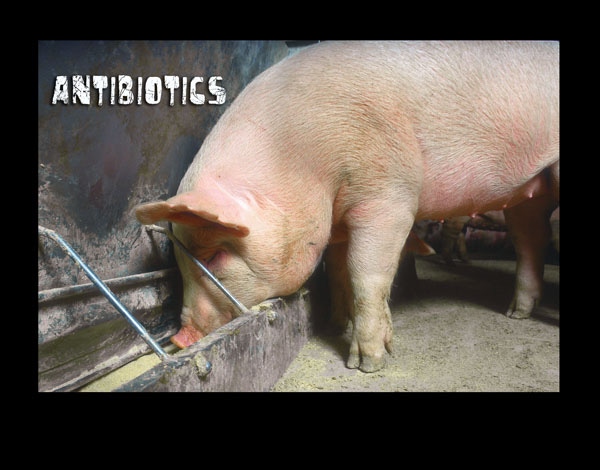United Nations member countries adopt antibiotics measure; Obama nominates ambassador to Cuba; China announces countervailing duties on U.S. DDGs; resolution to keep government running headed to president.

The United Nations General Assembly held a meeting of world leaders to address the overuse of antibiotics for both humans and animals and the need to develop new medicines because of the concern that drug-resistant germs could lead to millions of deaths worldwide and undermine the world economy.
The U.N. Secretary General Ban Ki-moon said that antimicrobial resistance poses “a fundamental, long-term threat to human health, sustainable food production and development.”
The 193 member nations adopted by unanimous vote a declaration that encourages countries to develop a two-year plan to establish ways to monitor the use of antibiotics in medicine and agriculture, reduce antibiotic use, make better use of vaccines to prevent infections and fund development of new drugs. This is only the fourth time the U.N. has urged world leaders to address a health issue.
Obama nominates ambassador to Cuba
President Obama has nominated Jeffrey DeLaurentis to be the U.S. ambassador to Cuba. Obama says, DeLaurentis “has been vital throughout the normalization of relations between the United States and Cuba, and the appointment of an ambassador is a common sense step forward toward a more normal and productive relationship between our two countries.”
The nomination is expected to receive strong opposition from various Senators including Marco Rubio (FL-R) and Ted Cruz (TX-R) who have stated they would block any ambassador nomination to Cuba. The United States and Cuba announced the two countries were restoring diplomatic relations in July of 2015.
China goes after U.S. DDGs with countervailing duties
China announced it was imposing countervailing duties on U.S. dried distiller’s grains import. The duties will be between 10% and 10.7% to “counter” U.S. subsidies.
In a joint statement, the U.S. Grains Council, Growth Energy and the Renewable Fuels Association say, “We are disappointed that the Ministry of Commerce of the People’s Republic of China has issued a preliminary determination claiming U.S. dried distiller’s grains with or without solubles are being unfairly subsidized by U.S. government entities and have caused injury to the China’s DDGS industry. U.S. DDGS have not caused any injury to China’s DDGS producers.”
No shutdown of federal government
The fiscal year ’17 Continuing Resolution is on its way to the White House for the president’s approval after both the House and Senate passed it before leaving town until after the election.
The CR funds the federal government until Dec. 9. It also provides funding for combatting the Zika virus and flooding in Louisiana. These were two continuous items that had to be resolved before the bill could pass.
Another issue that had to be resolved before the CR could pass was funding for Flint, Mich., concerning lead contamination of the city’s water. Funding for this project was put in the Water Resources Development Act bill that Congress will consider when it returns after the election. Congress is in recess until Nov. 14 when it returns for the lame-duck session to finalize the FY ’17 appropriations.
About the Author(s)
You May Also Like



